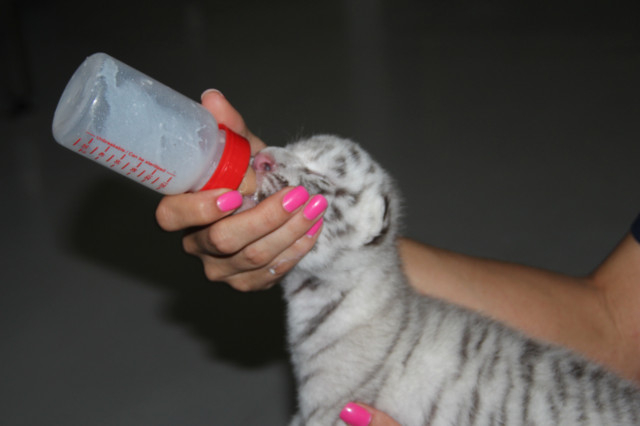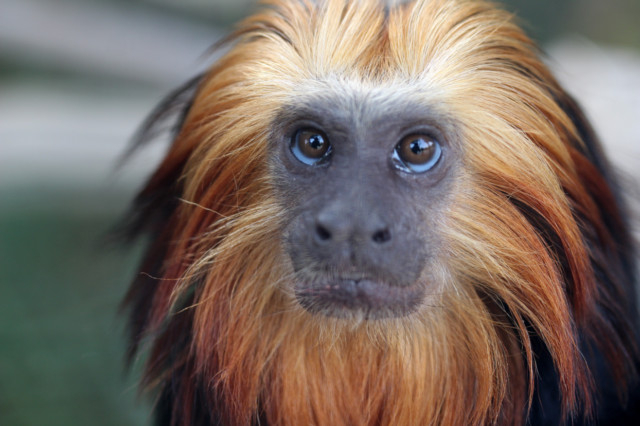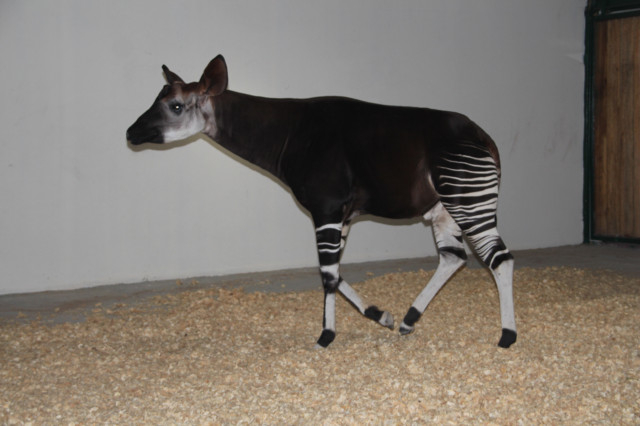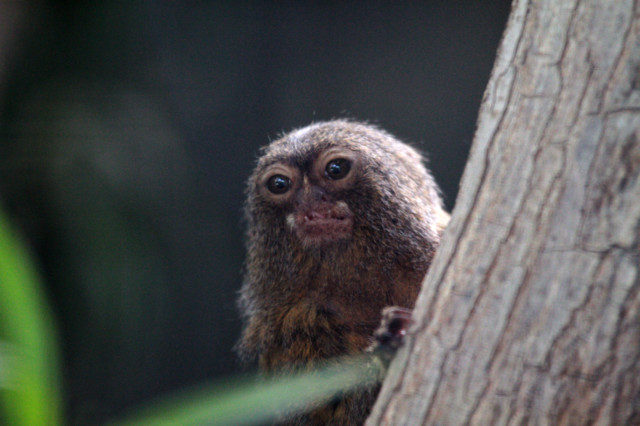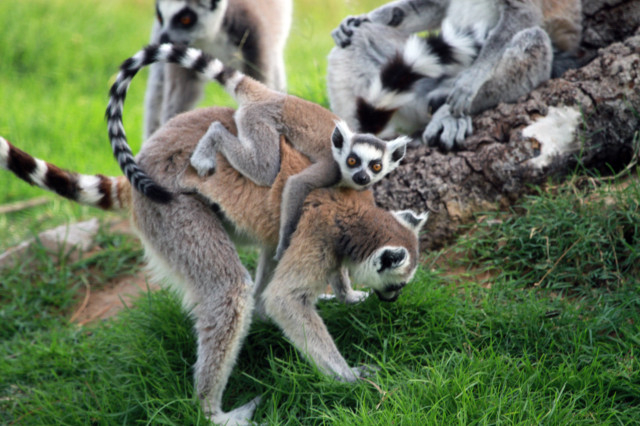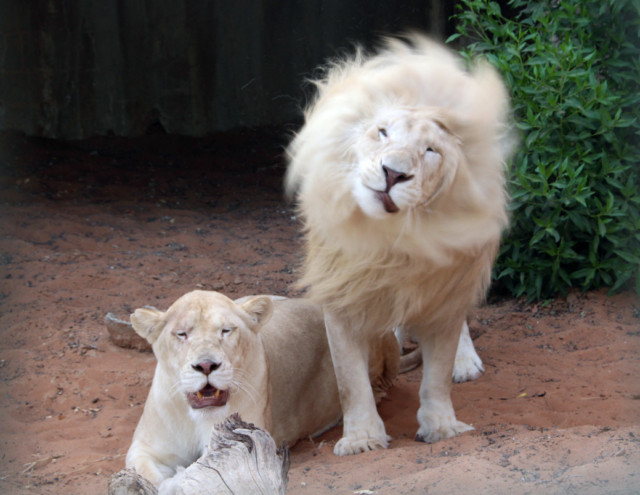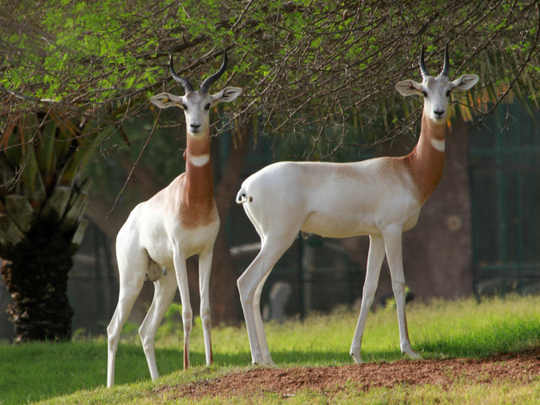
Dubai: Imagine mingling with jaguars, extremely rare King cheetahs, bongos, and some of the world’s endangered and critically endangered species right in your backyard.
You may think you’re somewhere in Africa, but this piece of paradise can be found right in Sharjah emirate.
Al Bustan Zoological Centre is a 17-hectare privately owned zoo located on the road to Kalba that houses 856 animals of 101 species from around the world. About 90 per cent of the animal collection is endangered or critically endangered.
A non-commercial zoo, Al Bustan is funded by an Emirati family with a mission to contribute to the conservation of endangered animal species by selective breeding and promoting environmental awareness. From a small private collection of cheetahs and birds in the 1980s, Al Bustan was incorporated as a zoological centre in 1998 as it acquired captive-born animals from all continents except Europe.
Love for animals
“The zoo was built because of the owner’s love for animals. It’s a place where he feels he can make a contribution. From a very small private collection to an internationally recognised zoo takes a lot of investment of time and effort, especially from the owner, not only money,” Meyer de Kock, manager of the centre, told Gulf News during an exclusive tour of the centre.
In 2003, Al Bustan started its cheetah-breeding programme with 19 cheetahs. The programme has so far resulted in 53 cheetah births and six King cheetahs, making the centre the third largest cheetah-breeding centre in the world and the largest outside Africa.
Currently, the zoo implements an open-air dry moat theme where animals can roam around in specifically designed enclosures that mimic their natural habitat. Cooling systems such as air-conditioning, overhead sprinkler systems, reflective shade netting and others are provided for non-desert animals.
A total of 60 staff work to care for the animals. The centre has its own hospital for routine veterinary care and a team of specialists are on-call for emergency situations.
De Kock said every animal at the centre has its own specific diet prepared by a special team of people at the centre’s kitchen.


